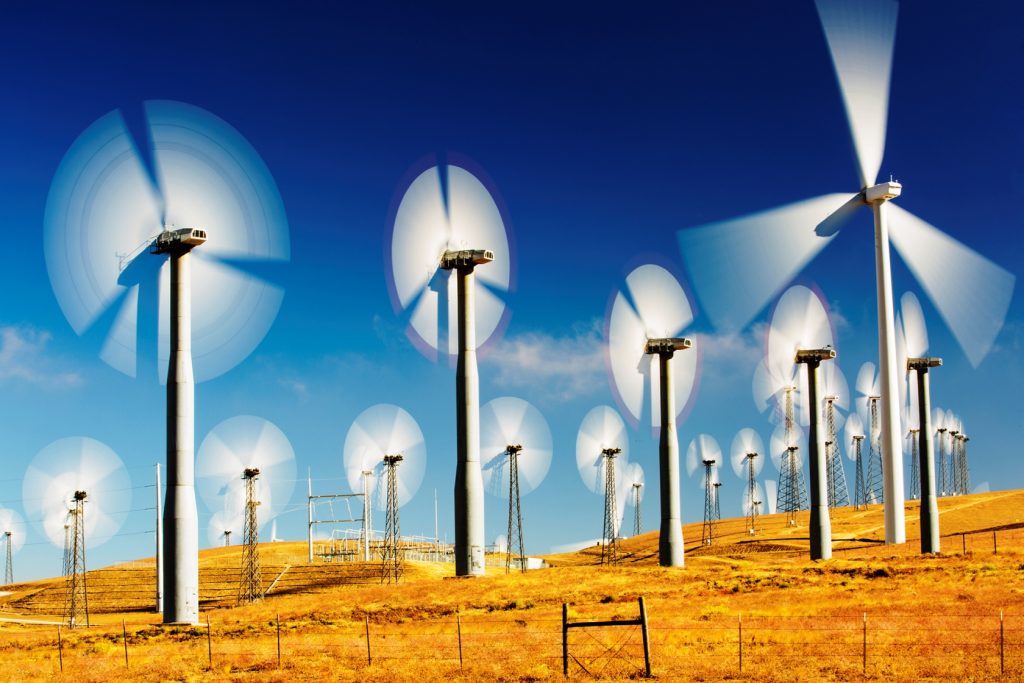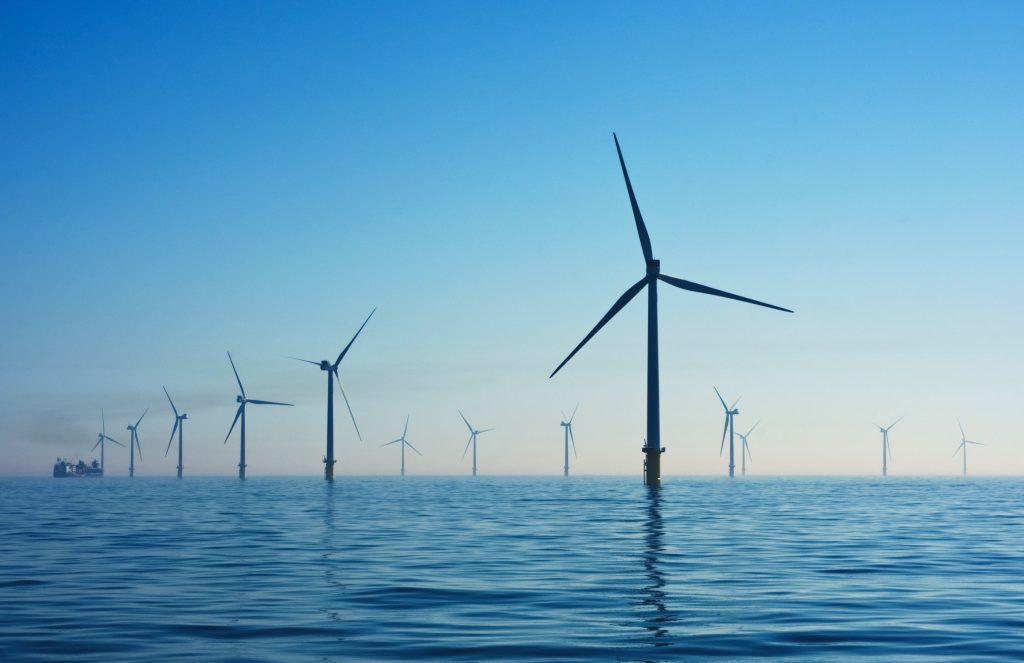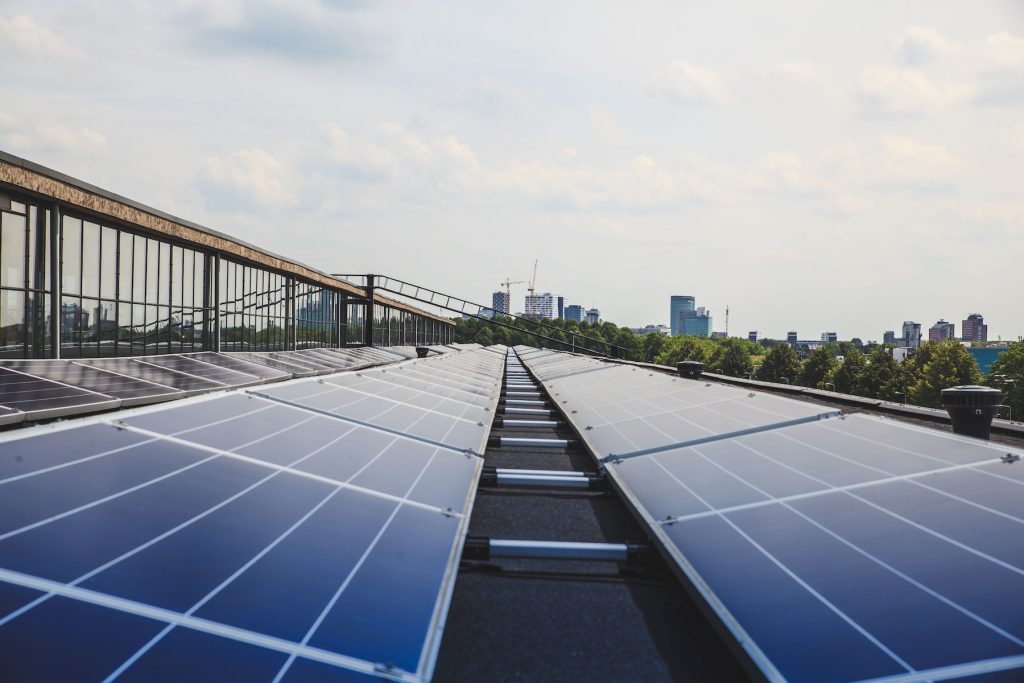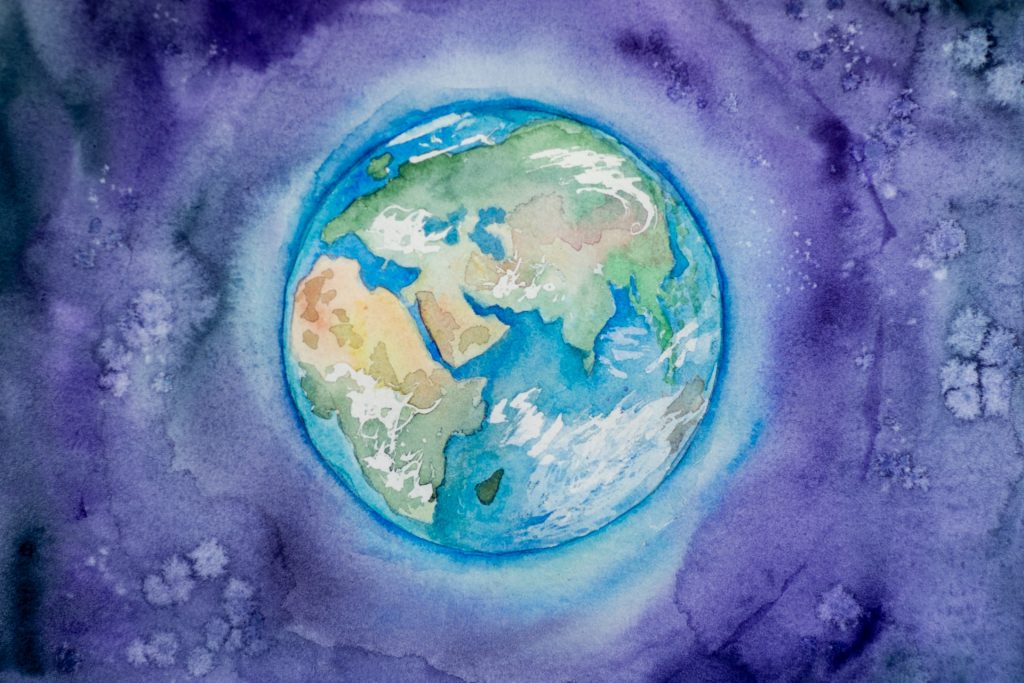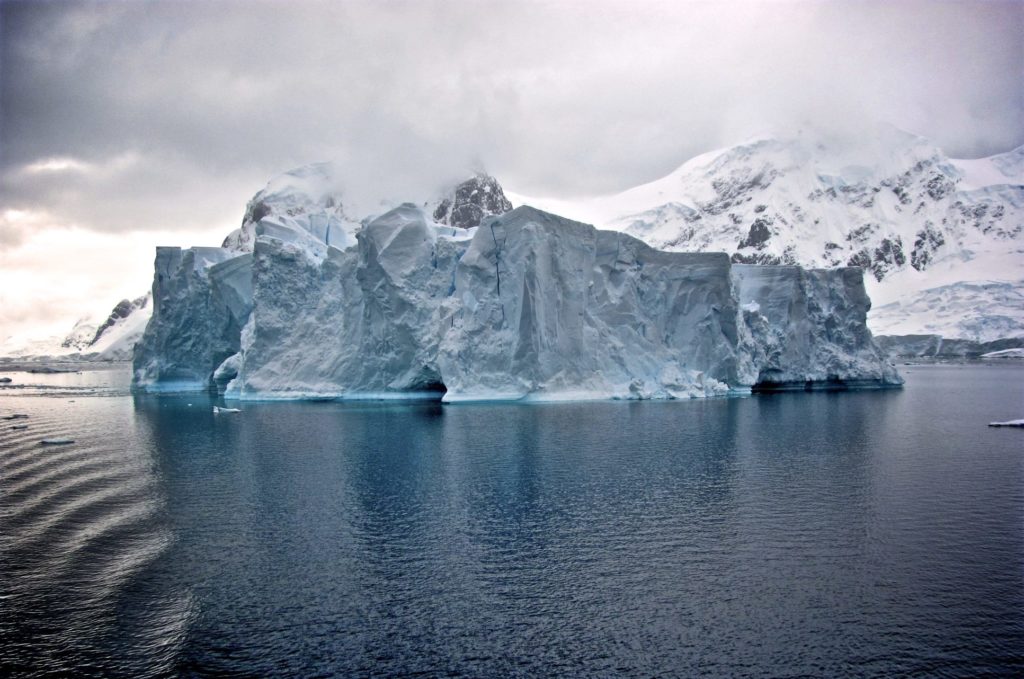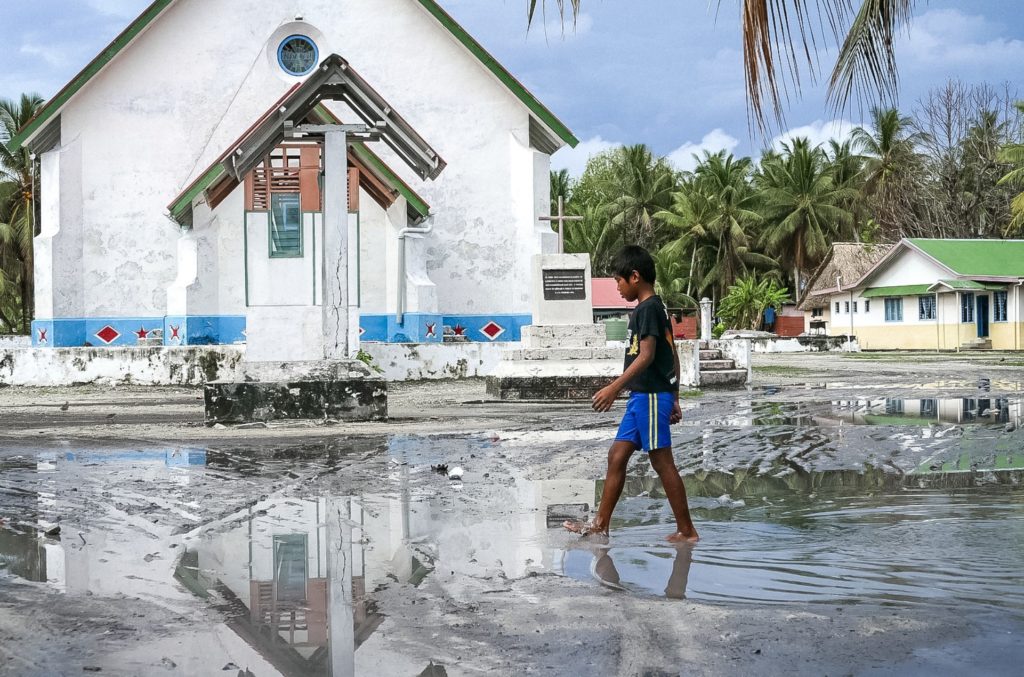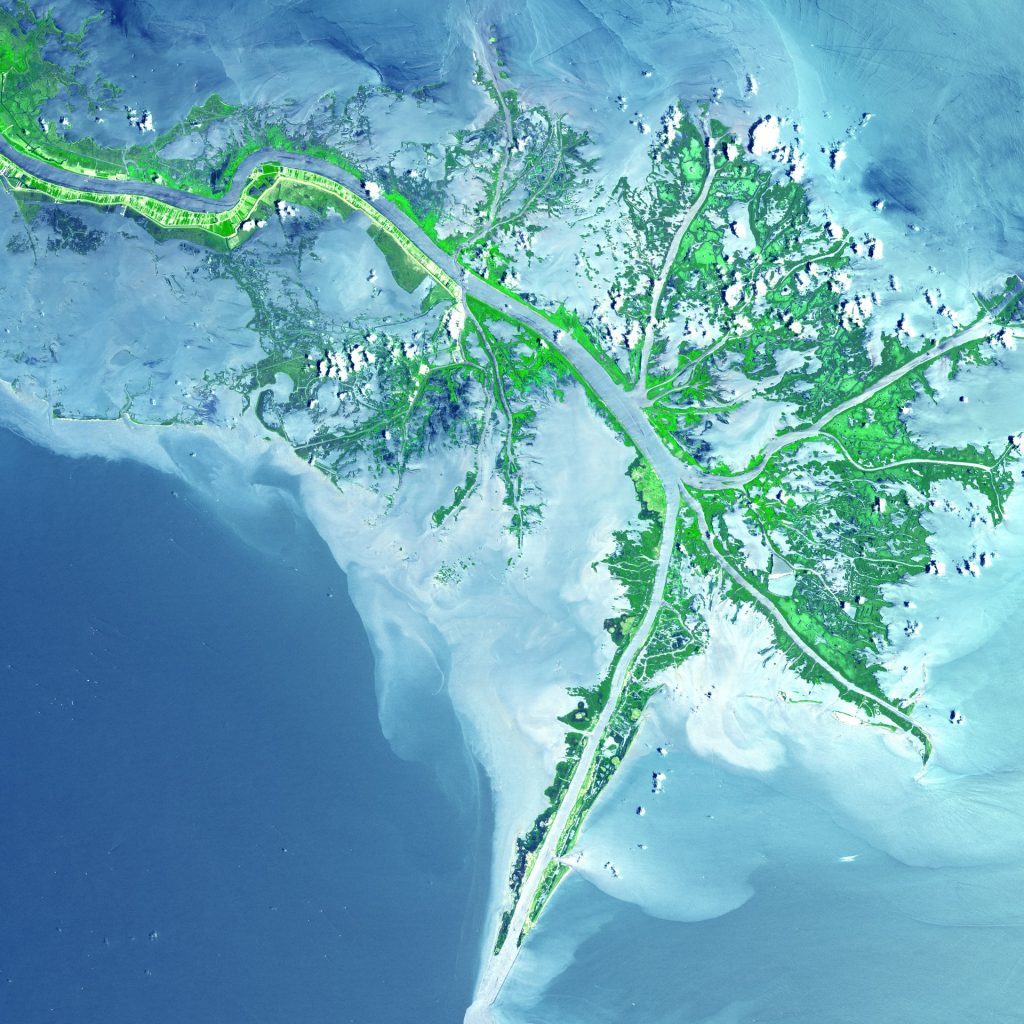
Zeke Hausfather: Every tenth of a degree counts
From how to deal with climate uncertainties that could threaten to upend our plans for a low carbon future to the role of carbon dioxide removal and technological progress. Climate scientist and modelling expert Zeke Hausfather outlines the challenges that lie ahead whilst reminding us that the future looks a lot less bleak than it did just a decade ago.




